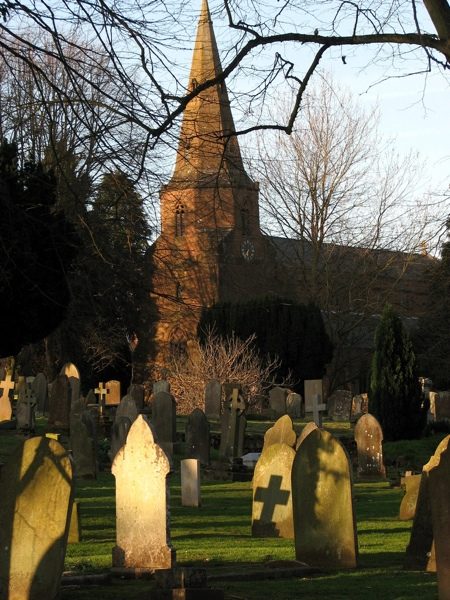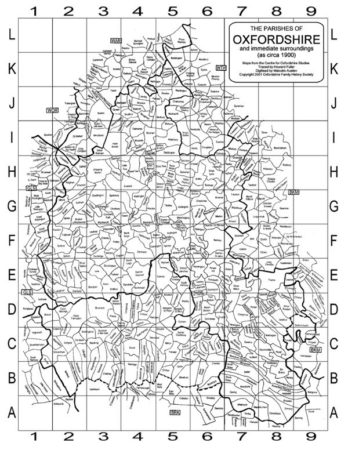
I have been thinking lately of a little word from the New Testament — a word, like so many, that has changed dramatically over the years. It is a little word with big implications — paroikos, from which we derive “parochia” in Latin, “parroquia” in Spanish and similar languages, and “parish” in English. I belong to a parish of Christians here in Minneapolis; I suppose that you belong to a parish somewhere, too.
Literally, the word refers to aliens and exiles in a foreign land — sojourners, really. It connotes something mobile — a pilgrim troupe of like-minded believers marching to the beat of a Different Drummer, in movement and in mission across the earth. “The idea of life on earth as a sojourning lies in the background” of this word, explains New Testament scholar Gerhard Kittel (TDNT, p.789, italics added). Moses was a “paroikos” in Midian — a sojourner (Exodus 2:22). The people of Israel were “paroikoi” in Egypt. Even in the Promised Land, the people of Israel were to live as aliens and sojourners whose ultimate citizenship lay elsewhere (1 Chronicles 29:15; Psalm 119:19). They were “paroikoi.”
The New Testament continues the theme. “Like ancient Israel, the saints were strangers and sojourners,” Kittel makes clear (TDNT, p.790; cf. Ephesians 2:19). You may be familiar with a related New Testament term — “ekklesia.” The church is the community of the “called out.” But the community is comprised of a dynamic network of “paroikia” — parishes “of resident aliens on earth whose true citizenship is in heaven” (ibid.).
Many years have come and gone since New Testament days — and we have made “paroikia” something geographical and heavy, I am afraid. Today’s “parish” has little to do with sojourning. To the contrary, it has the feel of something stationary, safe and still. Something you could draw on a map and find unchanged in a dozen years. Something going nowhere.
After all, who wants to be a community of “resident aliens”?
But the “alien” part and the “sojourning” part, I think, have come seriously unraveled since New Testament times. New Testament “paroikoi” had their citizenship in heaven. Their allegiance and values were to align with heaven’s allegiance and values. They were going someplace; they were communities on a mission. New Testament parishes were “exiles of the Dispersion” scattered throughout the world (1 Peter 1:1), “chosen to be obedient to Jesus Christ” (1:2), “God’s own people” destined for holiness, and enabled by grace to “proclaim the mighty acts of him who called [them] out of darkness into his marvelous light” (2:9).
St. Augustine retained this New Testament view in the fourth century of our era. Maybe you are familiar with his famous motto — “A whole Christ for my salvation, a whole Bible for my staff, a whole church for my fellowship, a whole world for my parish.”
Don’t settle for a parish going nowhere. It is time, once again, to pilgrim. Let’s sojourn a little — with Augustine and Peter. We’ll find that the whole world awaits.

Chuck,
Thanks for this good word. I have forwarded it to our leadership groups at Central.
Blessings